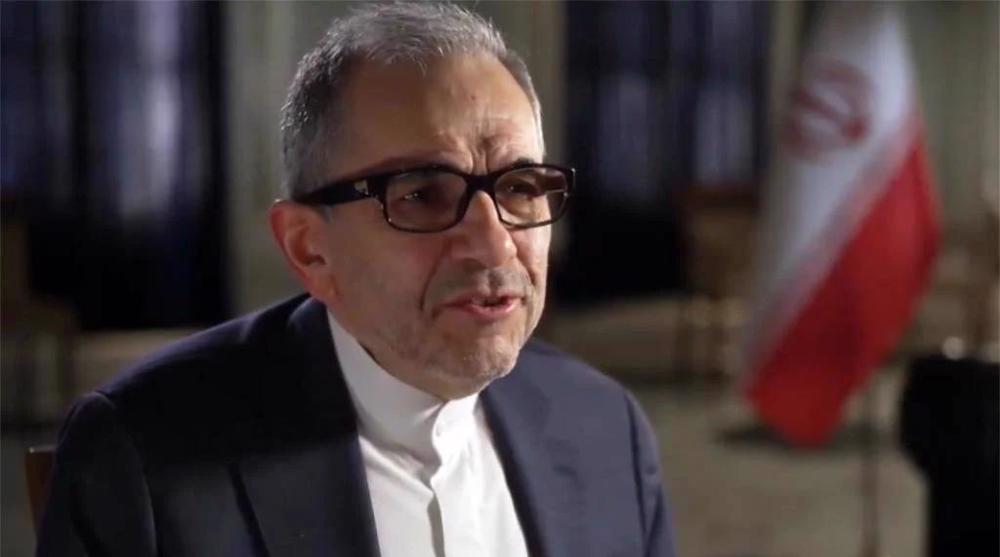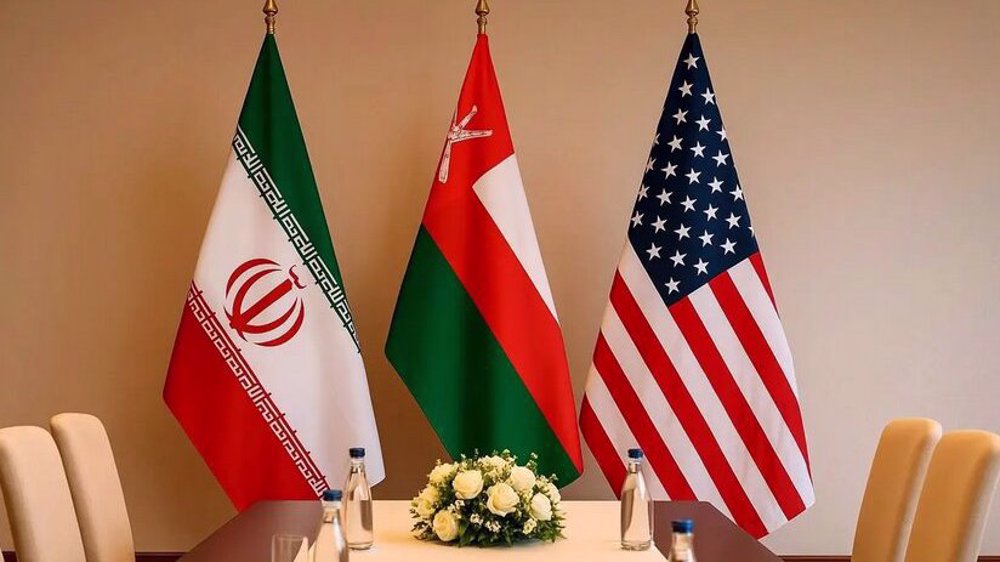Germany rebuffs US strategy of ‘maximum pressure’ against Iran
German Foreign Minister Heiko Maas has reiterated its opposition to the US policy of “maximum pressure” against Iran, highlighting the importance of continuing diplomatic efforts to ease tensions in the region.
In an interview with the German regional media group Funke, Mass said the US anti-Iran strategy is an unacceptable scenario, saying Berlin will not participate in it.
"Our local involvement must have a European face. We do not participate in the American strategy of ‘maximum pressure’,” he said.
The United States is struggling to win its allies’ support for the establishment of a so-called maritime security coalition to patrol the region’s waterways.
Washington proposed on July 9 stepping up efforts to heighten surveillance of vital Middle East oil shipping lanes.
However, because of fears of confrontation with Iran, any involvement by Washington’s allies is likely to be limited to naval personnel and equipment already in place - near the Strait of Hormuz in the Persian Gulf and the Bab el-Mandeb strait in the Red Sea, two Persian Gulf sources and a British security source said, Reuters reported.
Tensions have been running high between Tehran and Washington since last year, when US President Donald Trump unilaterally withdrew Washington from the landmark 2015 Iran nuclear deal and unleashed illegal sanctions against Iran.
Since then, Washington has been trying to coerce the other parties to the deal into following its lead and scrapping the multilateral accord.
Tensions intensified after several oil tankers were suspiciously targeted near the Persian Gulf last month.
Washington and its staunch regional ally Saudi Arabia were quick to blame Iran for the suspicious attacks. However, Iran has denied any involvement, warning neighbors against false flags by “foreign players.”
Elsewhere in his remarks, Mass, however, welcomed a UK-proposed deployment in the Persian Gulf, saying Berlin would only be able to decide on its participation in the maritime mission if it is given “clarity on the design of such a mission.”
"We are in contact with the new British government, in particular to find out how it is positioning itself. The plans are still in the initial phase," Maas said, adding that political and legal questions about the mission need to be answered first.
The top German diplomat acknowledged that Europe has a vested interest in ensuring security in the Persian Gulf, noting that the German government, France, and the UK are discussing ways to bring the regional powers together around the issue of maritime security.
"There are still diplomatic difficulties that we have to overcome, which requires dialogue and discussing common rules in order to avoid unwanted escalations," he said.
In contrast to Germany’s cautious position, Denmark, France and Italy have reportedly supported the UK plan to launch a European-led maritime mission in the Strait of Hormuz to boost the security of commercial navigation there.
The UK devised the plan following growing tensions around the key oil shipping route.
British forces on July 4 seized an Iranian tanker under the pretext that it was carrying oil to Syria in violation of European Union sanctions against the Arab country. Iran has denied the claim.
Later, it became known that the UK had seized the vessel at the US request.
Iran’s uneven fight against US-led financial firewall
Iran joins club of countries with 110 advanced cell therapy products
Zelensky seeks 20-year US guarantee to ink Ukraine-Russia peace deal
VIDEO | Press TV's news headlines
Iran says ball in US court to prove seriousness about making deal
Austrian press casts Iranian ties as threats, spotlighting bias and selective freedom
Munich 'circus' excludes Iran’s elected representatives, platforms ‘regime change’ lobbyists
Israeli reservists exploited secret bombing intelligence to bet on Gaza strikes












 This makes it easy to access the Press TV website
This makes it easy to access the Press TV website